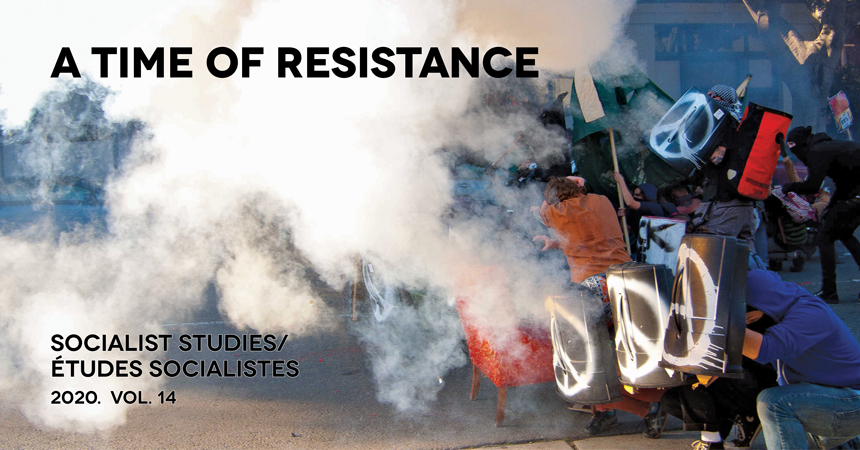Studying Canada in Cuba, Studying Cuba in Canada: A Roundtable Discussion
DOI:
https://doi.org/10.18740/ss27266Keywords:
Cuba, Canada, International Relations, EducationAbstract
Canada and Cuba have a long historical relationship, in governmental and non-governmental realms alike. While hundreds of Canadian students take part in educational exchanges from a variety of Canadian universities, Canadian/Cuban scholarly ties are not as strong as they are in the US or even the UK. There are a handful of internationally recognized Cuba scholars who have been working in Canada for some decades, among them John M. Kirk, Hal Klepak and Keith Ellis. Cuban scholarship in Canada is still notably scant and it cannot really be classified in generational terms. However it is clear that the work of these senior scholars is bearing fruit, as other scholars located in Canada are increasingly working in Cuban Studies, in both teaching and research.
A few of these scholars came together recently to discuss their experiences. This isn’t an exhaustive or representative group. The participants in this roundtable conversation include those trained as Cubanists, trained in other fields but with more recent research and/or teaching ties to Cuba, and a Cuban educated in Canada. We came together to discuss what we see as the state of the field in Cuban/Canadian studies today and in the future.
Downloads
Published
Issue
Section
License
Copyright: Authors who publish in the Journal agree to the following terms: 1)Authors retain copyright and grant the Journal the right of first publication with the work simultaneously licensed under a Creative Commons Attribution License that allows others to share the work with an acknowledgement of the work's authorship and initial publication in the Journal; and, 2)Authors are able to enter into separate, additional contractual arrangements for the non-exclusive distribution of the Journal's published version of the work (eg post to an institutional repository or publish it in a book), with an acknowledgement of its initial publication in the Journal.






